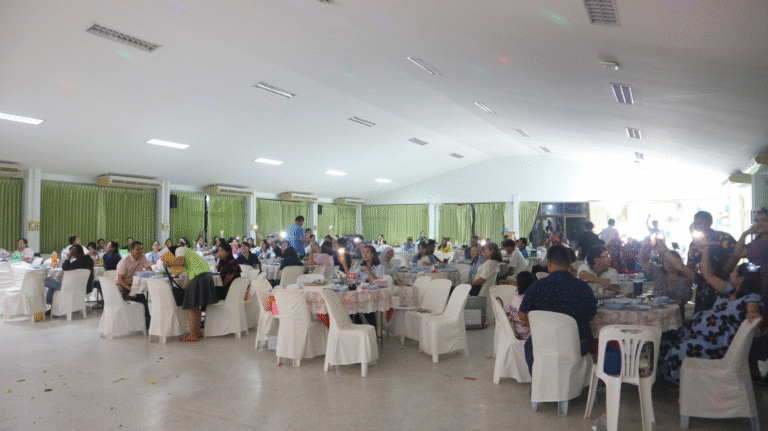Reporters:
Asst.Prof.Dr. Prapot Maliwan
Assoc.Prof.Dr. Pornsil Seephueak
Asst.Prof.Dr. Nion Chirapongsathonkul
Asst.Prof.Dr. Worawitoo Meesook
Evidence Date: during 2023 Jan-Dec
Related SDGs:
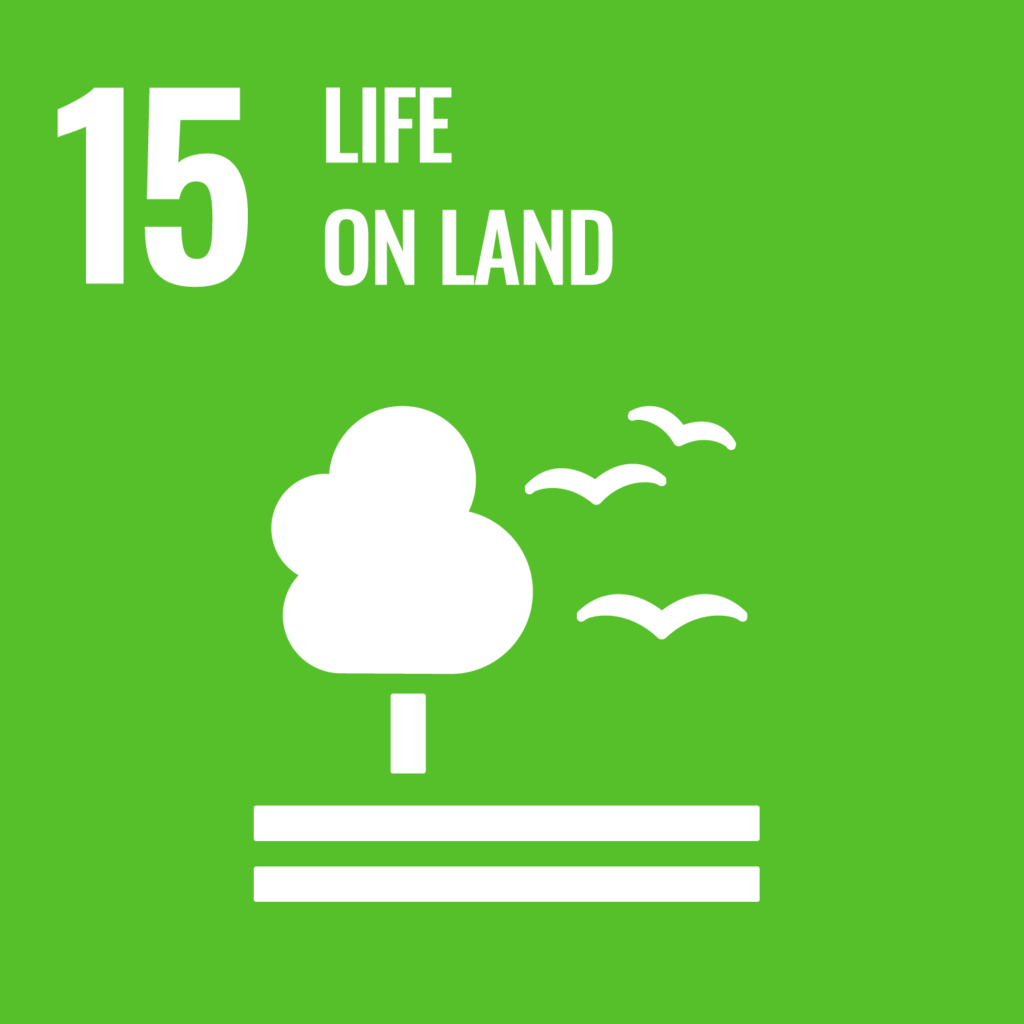
Related Indicators: 15.3.4
Details:
Students from the Animal Science Program at Rajamangala University of Technology Srivijaya are gaining practical experience in harvesting and fermenting Napier grass, an invasive species with potential as livestock feed. Through hands-on training, they are learning essential skills to properly cut, process, and store Napier grass for use as a long-lasting, nutritious cattle feed. The fermentation process not only preserves the grass but also enhances its nutritional value, making it an effective feed solution for times when traditional feed sources are scarce. This training is part of a larger program aimed at equipping students with sustainable agricultural practices. As they gain expertise, students also learn about the ecological impacts of using invasive species and the importance of responsible management. By working with Napier grass, they understand how to turn environmental challenges into agricultural solutions. This experience prepares them to share their knowledge with others and contribute to sustainable farming. With a solid foundation in this area, students are ready to take on roles in community education and agricultural outreach.
In addition to their technical skills, students in the Animal Science Program are also being trained as educators, capable of teaching others about sustainable practices. When local farmers, residents, or visiting students participate in study tours, these trained students serve as guides, demonstrating how to harvest and ferment Napier grass. They explain the benefits of fermentation, such as longer preservation and enhanced feed quality, and discuss how it can reduce feed shortages. This peer-to-peer learning model not only reinforces the students’ own knowledge but also supports community education on invasive species management. The outreach program provides an opportunity for students to make a meaningful impact, sharing innovative agricultural techniques with local stakeholders. Many farmers and residents have shown interest in learning these techniques, recognizing the benefits of using a readily available plant resource. By teaching these sustainable practices, students help foster a culture of ecological responsibility and resourcefulness. This experience empowers them to be future leaders in sustainable agriculture and community engagement.
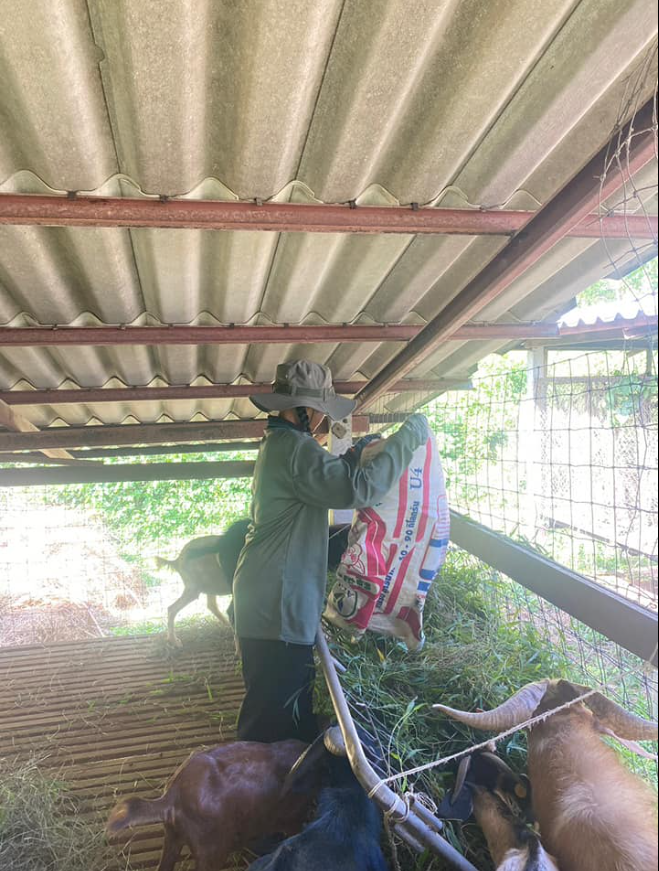
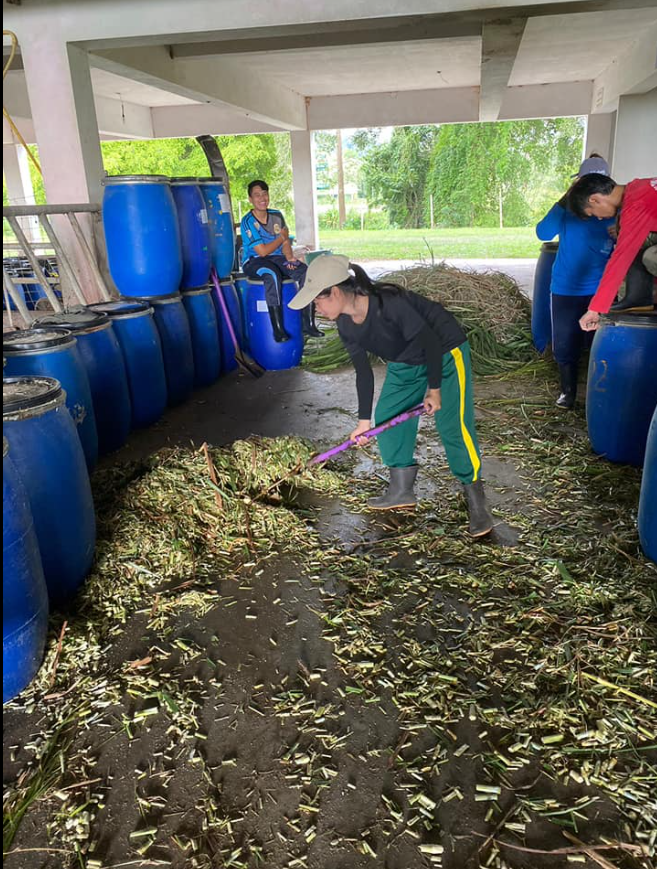
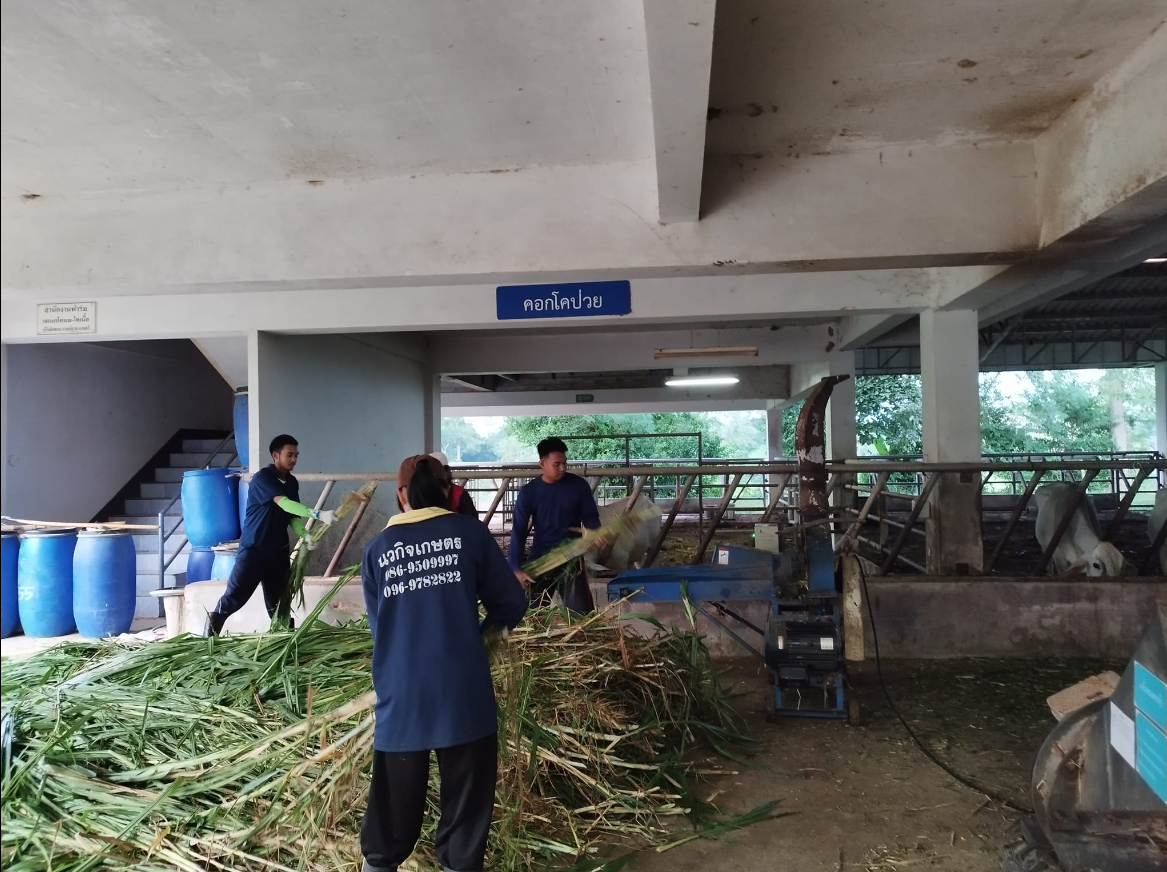
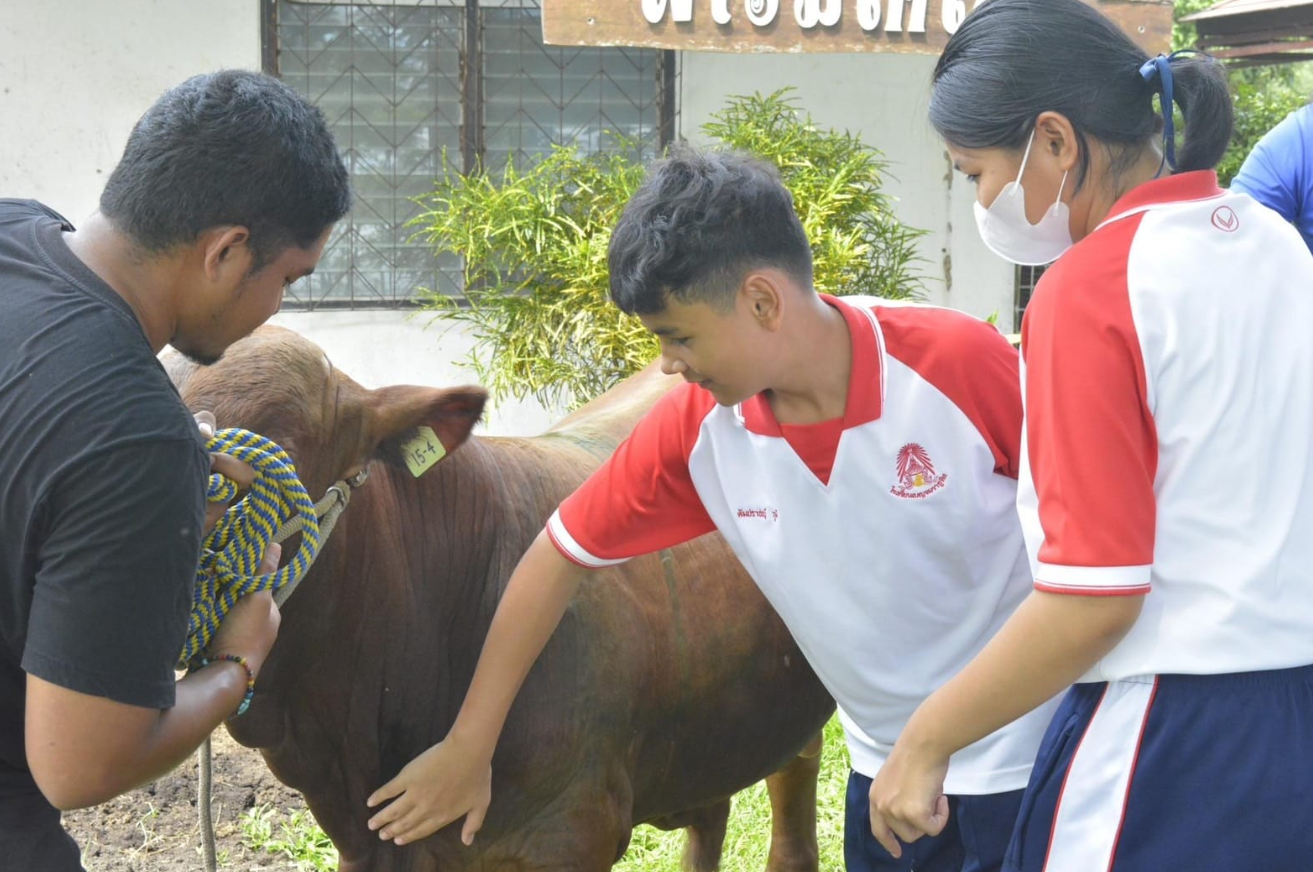
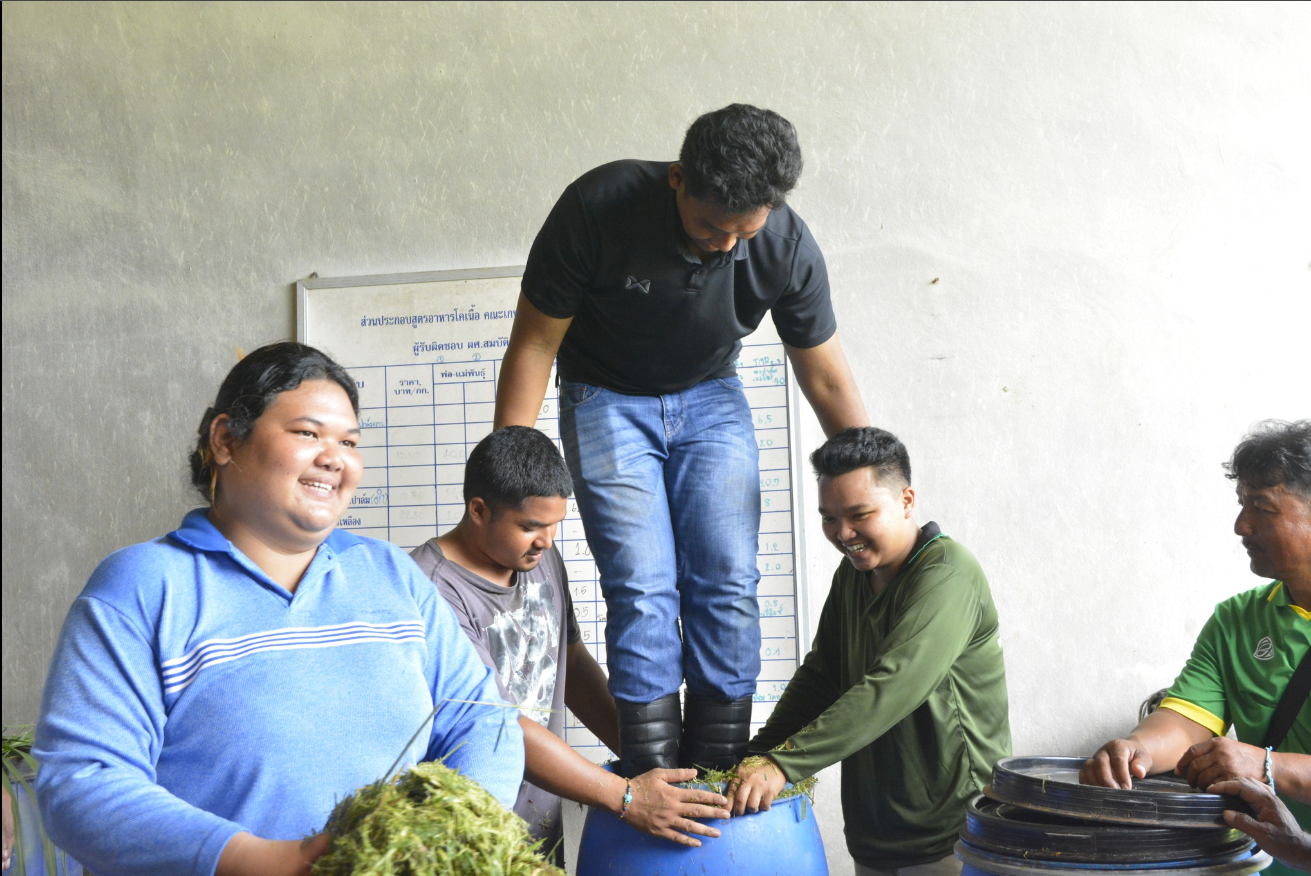
Related Links:
https://www.facebook.com/groups/1388821681378037/posts/3417273115199540



